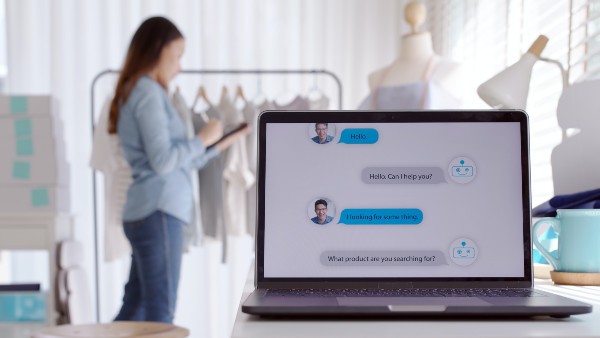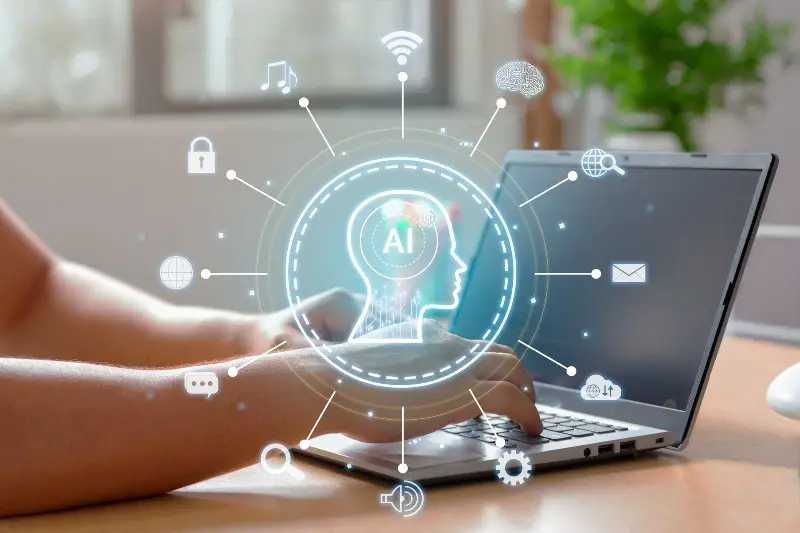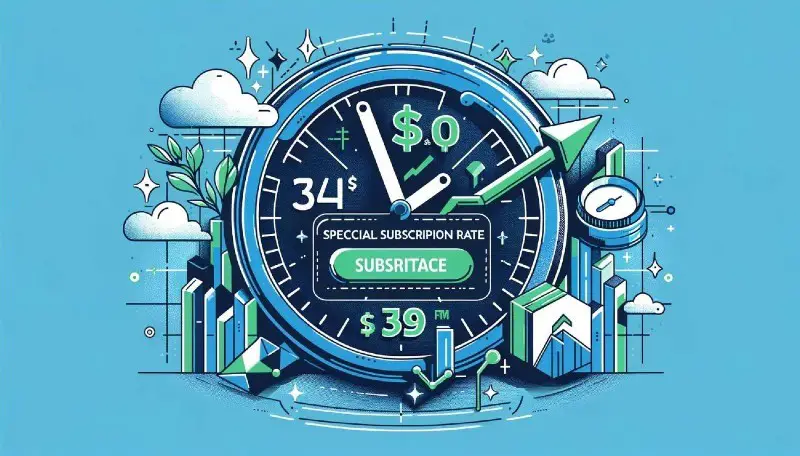Introduction
At the forefront of technological innovation, AI Horizon symbolizes the exciting confluence of Artificial Intelligence (AI) with critical sectors like healthcare, robotics, and the realm of ethical AI. This blog post aims to explore these dynamic fields, shedding light on how AI is not just reshaping industries but also influencing ethical standards and enthusiast communities. AI’s integration into healthcare is revolutionizing patient care, robotics is opening new frontiers in automation and efficiency, and ethical AI is ensuring this progress aligns with human values and societal norms.
AI Horizon represents more than just technological advancement; it’s a paradigm shift in how we interact with machines and utilize data. In healthcare, AI’s role is becoming increasingly vital in diagnostics and treatment. Robotics, fueled by AI, is transforming industries and daily life. Meanwhile, the growing focus on ethical AI highlights the need to balance innovation with responsibility. This post delves into these areas, offering insights into the myths, realities, and practical aspects of AI’s current and future impact.
Healthcare and AI Horizon
AI’s integration into healthcare is transforming the landscape of medical services and research. By leveraging AI’s data processing capabilities, healthcare providers can offer more accurate diagnoses, personalized treatment plans, and innovative solutions to complex medical challenges. This technology is enhancing the efficiency and effectiveness of healthcare, leading to better patient outcomes and streamlined operations.
Moreover, AI in healthcare extends beyond treatment to prevention and management. AI-driven predictive analytics can identify health risks earlier, enabling proactive care and management. The potential of AI in healthcare is vast, promising a future where healthcare is more accessible, precise, and patient-centric.
Robotics and AI Horizon
Robotics, empowered by AI, is one of the most rapidly evolving fields today. AI-driven robots are increasingly being used across various sectors, from manufacturing and logistics to healthcare and customer service. These robots are not only automating routine tasks but also performing complex operations that require precision and adaptability.
The rise of robotics is creating new opportunities and challenges. As robots become more sophisticated, they are capable of undertaking tasks that were previously thought to be the sole domain of humans. This shift is transforming industries, raising important questions about the future of work, and redefining the relationship between humans and machines.
Ethical AI
Ethical AI has become a crucial aspect of AI development and application. As AI systems become more integrated into our lives, ensuring that they are developed and used responsibly is paramount. Ethical AI focuses on creating AI systems that are fair, transparent, and respect user privacy and rights.
The importance of ethical AI lies in its ability to guide AI development in a direction that benefits society as a whole. It involves addressing biases in AI algorithms, ensuring transparency in AI decision-making processes, and safeguarding user data. Ethical AI is not just a technical challenge but a societal imperative.
Myths vs. Facts
AI in Healthcare
Myth: AI will replace human doctors. Fact: AI is designed to augment, not replace, the capabilities of healthcare professionals.
Myth: AI in healthcare is always accurate. Fact: AI’s accuracy depends on the quality of data and algorithms, and it requires human oversight.
Robotics and AI
Myth: Robots will take over all human jobs. Fact: Robotics will automate some tasks but also create new job opportunities and roles.
Myth: Robots are fully autonomous. Fact: Most robots still require human oversight and are far from being completely autonomous.
Ethical AI
Myth: AI ethics is just about preventing harm. Fact: Ethical AI also involves ensuring fairness, transparency, and accountability in AI systems.
Myth: Ethical AI hinders innovation. Fact: Ethical AI can actually drive sustainable and responsible innovation.
FAQ
How is AI transforming healthcare? AI in healthcare is enhancing diagnostic accuracy, personalizing treatment plans, and improving patient outcomes. It’s a supportive tool for healthcare professionals.
What role does AI play in robotics? AI is the driving force behind modern robotics, enabling robots to perform complex tasks and adapt to new environments.
Why is ethical AI important? Ethical AI ensures that AI development and application are aligned with societal values and norms, promoting fairness, transparency, and accountability.
Can AI in healthcare be trusted? While AI offers many benefits in healthcare, its reliability depends on the quality of data and algorithms. Continuous refinement and human oversight are essential.
Will robots replace human workers? Robots are likely to replace some tasks, but they also create new opportunities for human workers in areas where human skills are irreplaceable.
Practical Tips and Tricks
- Stay Informed: Keep up-to-date with the latest AI developments in your field.
- Ethical Considerations: Always consider the ethical implications of AI applications.
- Data Privacy: Prioritize data security and privacy in all AI applications.
- Collaboration: Engage with AI experts and enthusiasts to understand and leverage AI technologies.
- Continuous Learning: Embrace lifelong learning to stay relevant in the AI-driven future.
Google Snippets
- AI in Healthcare: “AI is revolutionizing healthcare by enhancing diagnostic accuracy and patient care.”
- Robotics and AI: “AI-driven robots are transforming industries by automating tasks and performing complex operations.”
- Ethical AI: “Ethical AI focuses on creating fair, transparent, and accountable AI systems.”
Artificial Intelligence Meaning
- Oxford Languages: “AI involves the development of computer systems able to perform tasks that typically require human intelligence.”
- Merriam-Webster: “AI is a branch of computer science dealing with the simulation of intelligent behavior in computers.”
- Cambridge Dictionary: “AI is the study of how to produce machines that have qualities such as the ability to understand language, recognize pictures, solve problems, and learn.”
Did You Know?
- AI algorithms can analyze medical data faster than any human.
- Robotics in surgery is enhancing precision and reducing recovery times.
- Ethical AI is crucial in preventing biases in AI algorithms and decision-making.
Conclusion
As we navigate through the AI Horizon, it’s evident that AI’s impact is vast and multifaceted, touching healthcare, robotics, and ethical considerations. For tech enthusiasts, AI represents an exciting frontier of innovation and challenges. The integration of AI in robotics is not just transforming industries but also redefining the nature of work. Meanwhile, the growing focus on ethical AI underscores the importance of responsible innovation. As we embrace this new era, staying informed, ethical, and security-conscious is key to harnessing the full potential of AI.







